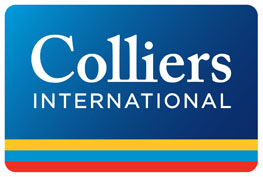
Richard Koo's latest note points out that Europe has entered a Balance Sheet Recession (ZH primer).
As he has long argued, adding liqudity during a balance sheet recession is necessary and not inflationary;
When the private sector as a whole is trying to minimize debt
despite ultra-low interest rates, the money multiplier for the private
sector turns negative at the margin, which means the money supply will
not increase no matter how much quantitative easing the central bank engages in. And without growth in the money supply, there can be no inflation.
He goes on to suggest that a form of QE is necessary in Europe:
The ECB should embark on a quantitative easing program similar in
scale to those undertaken by Japan, the US, and the UK. Doubling the
current supply of liquidity would not trigger inflation and would enable
the ECB to buy that much more eurozone government debt.
The ECB has provided a total of €1.3trn in liquidity thus far. The experience of Japan, the US, and the UK suggests there is no reason why purchasing an additional €1.3trn in eurozone government bonds would lead to inflation.
If you haven't read his book - its probably worth your time. Balance Sheet Recession: Japan's Struggle with Uncharted Economics and its Global Implications












